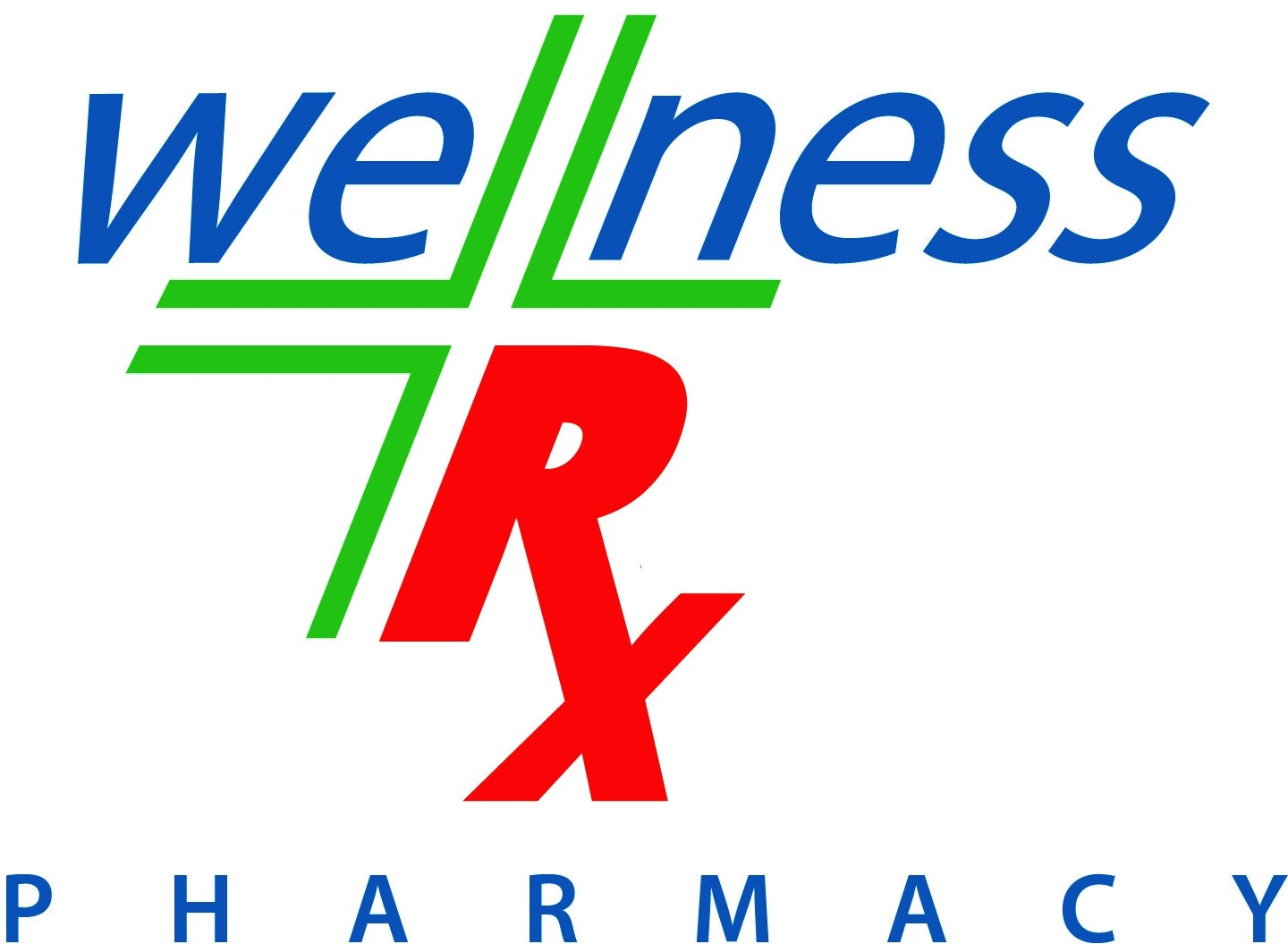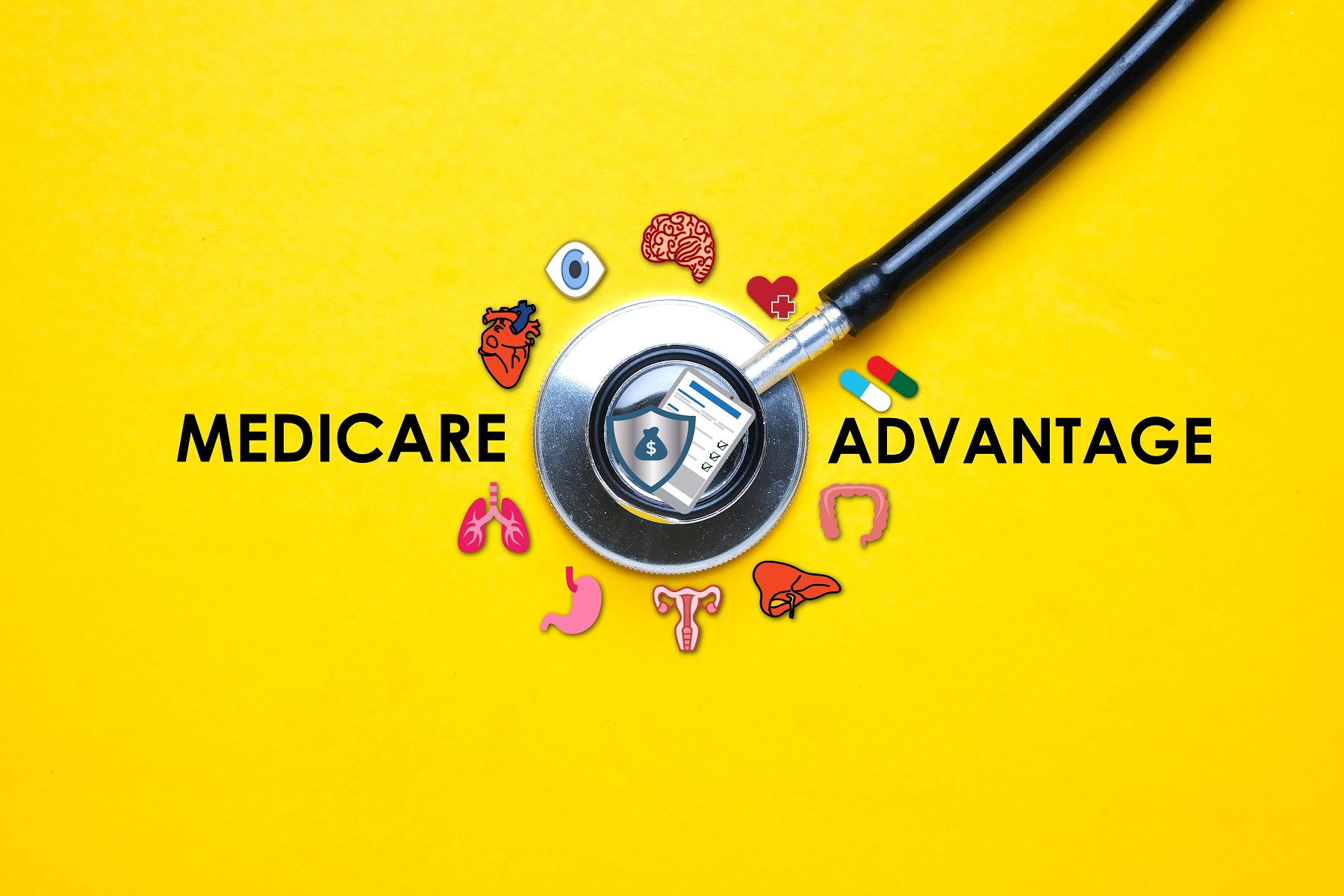Medicare is our country’s health insurance program for people aged 65 or older. It is also the health insurance program for certain younger people with disabilities, and people with End-Stage Renal Disease (ESRD). How does Medicare work? When you have Medicare, you can get health care services and supplies from doctors, hospitals, and other health care providers who accept Medicare. You pay nothing for many preventive services if you get them from a health care provider who accepts Medicare.
How much you pay for other services depends on which Part of Medicare you receive your benefits through. You can get your Medicare benefits through Original Medicare, which is Part A (Hospital Insurance) and Part B (Medical Insurance), or you can choose to get your Medicare benefits through a Medicare Advantage Plan (like an HMO or PPO). If you have Part A and Part B, you can also buy Prescription Drug coverage (Part D) to add to your coverage. How much will I pay for my share of the costs?
How much you pay each month depends on the plan you choose, whether it’s Original Medicare or a Medicare Advantage Plan. If you have Original Medicare, the amount you pay depends on whether you also buy a Part D plan or a Medigap policy. You may also need to pay premiums, deductibles, copayments, and coinsurance. Generally, with all types of plans, if you see a doctor or provider who doesn’t take the plan’s assignment of payments, you may have to pay the entire bill yourself. With any type of plan, it’s important to know what’s covered and what isn’t. With all types of plans there are usually limits on how much the plan will pay in a year and over your lifetime. Once you hit those limits, in most cases Original Medicare will still pay its share of covered costs. With some types of plans there are no limits on how much the plan will pay in a year or over your lifetime.
For example, Medicaid and some employer group health plans have no annual or lifetime limits on what they cover. How do I know if I have other coverage that might pay first? You might have other coverage that pays “first”—before medicar —if you’re still working or covered by an employer group health plan because of your own work (not your spouse’s). In this case, that other coverage is called a “primary” payer. If so, that plan should send information about any claims it didn’t pay to your medigap insurer or drug plan so they can process them as “secondary” claims. How does coordination of benefits work? If two different health insurance plans cover you at the same time (for example, both Medicare and an employer group health plan), coordination of benefits rules determine which one pays first. The “primary” insurer pays up to its limits on covered expenses leaving the “secondary” insurer to cover any remaining expenses up to its limit. Having two types of coverage is sometimes called being “double- covered. Note: If both plans are primary insurers (that is, neither one is designated as secondary), each plan would be responsible for paying its share (coinsurance and deductibles) of covered expenses. How do I get help paying my out-of-pocket costs? You may be able to get extra help paying your out-of- pocket costs if: Your yearly income is below $19155 for an individual or $25862 for a married couple
living together; OR You have limited resources below $3906 for an individual or $5457 for a married couple living together; AND You are not married; OR You are enrolled in pharmacy assistance programs offered by pharmaceutical companies; OR You are receiving help from Medicaid; OR You live in certain types of facilities such as nursing homes or assisted living facilities; OR You qualify based on having end- stage renal disease (ESRD) or Lou Gehrig’s Disease; OR You are receiving Railroad Retirement Board benefits; OR You are enrolled in TRICARE For Life; OR You qualify based on being eligible for both Medicaid and TRICARE.
How does my state help me with prescription drug costs? Each state has its own program with different eligibility requirements. States also decide how much assistance their programs will provide. How do I get more information about Extra Help? Social Security representatives can answer specific questions about the Extra Help program including whether someone qualifies and how to apply.How do I sign up? Enrolling in Parts A & B most often happens automatically if: – You’re already getting retirement benefits from Social Security when you turn you turn 65 – You’re receiving disability benefits for 24 months and your disability started before you turned 65. If the above does not apply, then there are several options to get Part A & B: 1) Contact Social Security 2) Call Medicare at 1-800-MEDICARE (1- 800-633-4227), 3) Visit www.medicare.gov.






